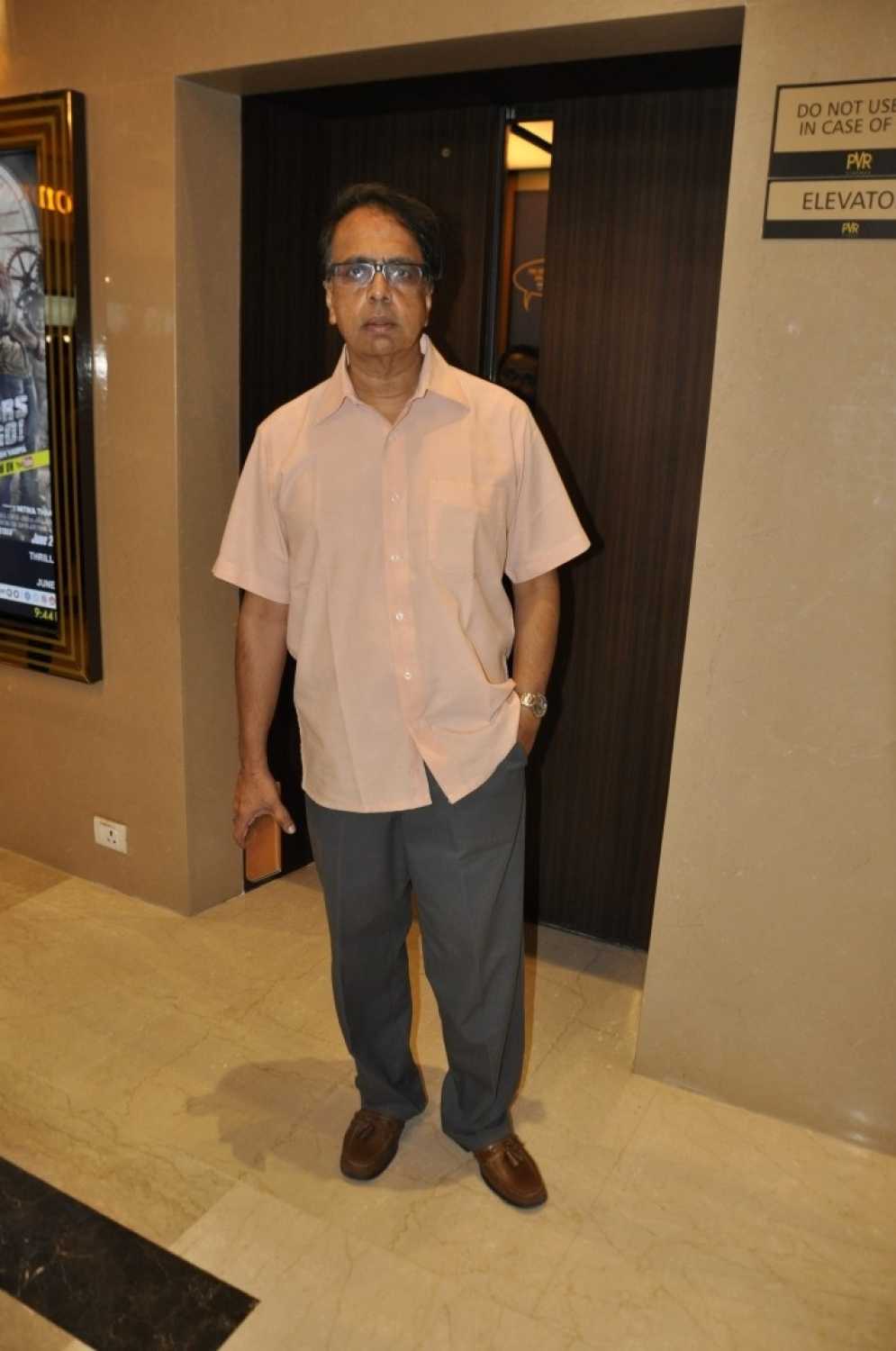The actor-turned-filmmaker isn't happy with the treatment meted out to non-mainstream filmmakers.
Studios willing to pay Rs100 cr and lose double: Ananth Mahadevan
Lonavala - 06 Sep 2016 17:39 IST
Updated : 07 Sep 2016 9:55 IST


Keyur Seta
At the recently concluded Lonavala International Film Festival of India (LIFFI), director Sudhir Mishra spoke on the downfall of studios due to their massive spending on films with big stars. In the same festival, actor and filmmaker Ananth Mahadevan also echoed the same sentiments.
Commenting on this practice of studios, he said, “They don’t mind giving you Rs100 crore and losing Rs200 crore. But they will not give you Rs5 crore and gain Rs1 crore. That is the corporate system we are fighting today,” he said, adding, “Nobody would want to fund a film, which according to them, is not commercially viable. I really don’t understand this word. Every film that sells a ticket is a commercial film.”
Mahadevan started off as a director with mainstream films but it all changed after Red Alert – The War Within (2010). “Red Alert was the beginning of what changed my approach towards cinema. I had made mainstream films like Dil Vil Pyar Vyar (2002), which was India’s first retro musical. It used published music of RD Burman. I then made Dil Maange More (2004). But Red Alert changed my approach towards cinema. Finally taking cinema seriously and not necessarily serious cinema.”
Mahadevan revealed the reason behind taking this road. “I always wanted to make the kind of films made all around the world; in Russia, Japan and, to a certain extent, America. It became quite imperative that I start off with mainstream films to be known as a person who is available as a filmmaker and then quietly slip off and make the kind of cinema that these masters have inspired me to make.”
But he is certainly not happy with the process one has to go through. “It’s a pity that a lot of filmmakers have to go through the regular mainstream process. I envy people like Ketan ji (Ketan Mehta), who started off with Holi (1985) and Bhavni Bhavai (1980) and went onto make the kind of cinema he believed it. He did not compromise at any point. But unfortunately people like me had to before they finally got what they wanted.”
Mahadevan cited the example of Iranian cinema to put forth his point. “You can call Iran war-torn. But look at the kind of cinema they make. They don’t make Iranian cinema. They make world cinema. Why can’t we end up thinking like that? Why can’t producers support filmmakers who want to change the face of Indian cinema? I am waiting for the day someone would tell me, ‘Anant make the kind of film that you would not be allowed to make.”






